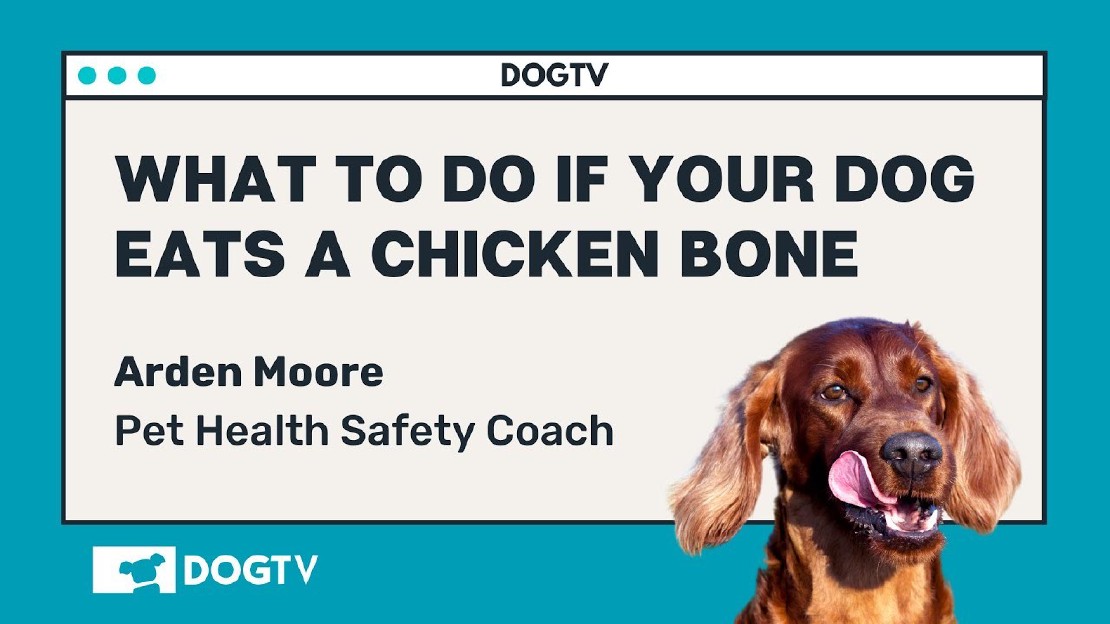Reasons why your dog has stopped drinking water
Why has my dog stopped drinking water? Water is an essential part of your dog’s health and well-being. However, if you notice that your dog has …
Read Article
It’s a common occurrence for dogs to swallow bones, whether accidentally or intentionally. While most dogs can pass small, soft bones without any issues, larger or sharper bones can pose a serious risk to their health. If you suspect that your dog has swallowed a bone, it’s important to take immediate action to ensure their safety and well-being.
First, it’s important to assess the situation and determine the size and type of bone that your dog has swallowed. If it’s a small or soft bone, such as a chicken bone, there’s a good chance that your dog will be able to pass it naturally. However, if it’s a larger bone or a bone with sharp edges, there’s a higher risk of complications.
If your dog is showing signs of distress, such as excessive drooling, difficulty breathing, vomiting, or refusing to eat, it’s crucial to seek veterinary care immediately. Your veterinarian will be able to perform an X-ray to determine the location and size of the bone, and recommend the appropriate course of action.
In some cases, your veterinarian may advise inducing vomiting to try and bring up the bone. However, this should never be done without professional guidance, as it can pose further risks if done incorrectly. In other cases, surgery may be necessary to remove the bone safely.
To prevent your dog from swallowing bones in the future, it’s important to keep all bones and other potential hazards out of their reach. Supervise your dog during meal times and dispose of any bones safely. If you prefer to give your dog bones as a treat, make sure they are specifically designed for dogs and are appropriate in size and texture.
In conclusion, if your dog swallows a bone, it’s important to act quickly and seek veterinary care if necessary. Assess the situation, observe your dog’s behavior, and consult with your veterinarian to determine the best course of action. Prevention is key to avoid future incidents, so be mindful of potential hazards and keep your dog safe.
If your dog has swallowed a bone, it is important to take immediate action to prevent any potential complications. Here are some steps you can take:
Remember, each situation is unique, and it is important to seek professional advice from your veterinarian. They will be able to provide the best guidance and treatment options for your dog based on their individual needs and circumstances.
If your dog has swallowed a bone, there are several signs and symptoms that you should look out for:
If you notice any of these signs or symptoms, it is important to seek veterinary care immediately. A veterinarian will be able to examine your dog, take X-rays if necessary, and determine the best course of action to protect your dog’s health.
If your dog swallows a bone, it is important to know when to seek veterinary assistance. While some dogs may be able to pass small bones without any issues, there are certain situations where immediate veterinary care is necessary.
If your dog shows signs of distress or discomfort: If your dog is experiencing pain, difficulty breathing, vomiting, or diarrhea after swallowing a bone, it is important to seek veterinary assistance right away. These symptoms may indicate an obstruction or injury caused by the bone.
If your dog is choking: If your dog is choking on a bone and is unable to breathe or dislodge the bone on their own, you should seek immediate veterinary assistance. A veterinarian will be able to safely remove the bone and ensure your dog’s airway is clear.
If your dog has swallowed a large or sharp bone: Large or sharp bones can cause serious damage to your dog’s digestive system. If your dog has swallowed a bone that is too large to pass or has sharp edges that may cause internal injury, it is important to seek veterinary care. A veterinarian may need to perform an x-ray or endoscopy to remove the bone safely.
If your dog is experiencing prolonged symptoms: If your dog continues to show symptoms such as vomiting, diarrhea, or abdominal pain for more than 24 hours after swallowing a bone, it is important to seek veterinary care. Prolonged symptoms may be a sign of an underlying issue or complication related to the bone ingestion.
If you are unsure: If you are unsure whether your dog requires veterinary assistance after swallowing a bone, it is always best to err on the side of caution and consult with a veterinarian. They will be able to provide guidance based on your dog’s specific situation and help ensure their health and safety.
Why has my dog stopped drinking water? Water is an essential part of your dog’s health and well-being. However, if you notice that your dog has …
Read ArticleWhy has my dog started snarling at other dogs? It can be quite alarming when your normally friendly and well-behaved dog suddenly starts snarling at …
Read ArticleWhy is my dog pooping clear gel? Seeing your dog poop clear gel can be a cause for concern, and you may be wondering what could be causing this …
Read ArticleWhy is the bush dog endangered? The bush dog, also known as the Savannah dog or the vineyard dog, is a small and elusive mammal native to the forests …
Read ArticleWill lettuce hurt my dog? Dogs are known for their love of food and their ability to eat almost anything. However, when it comes to certain types of …
Read ArticleWhen can puppies leave the whelping box? Deciding when to separate puppies from their mother and the whelping box is a crucial decision that every …
Read Article